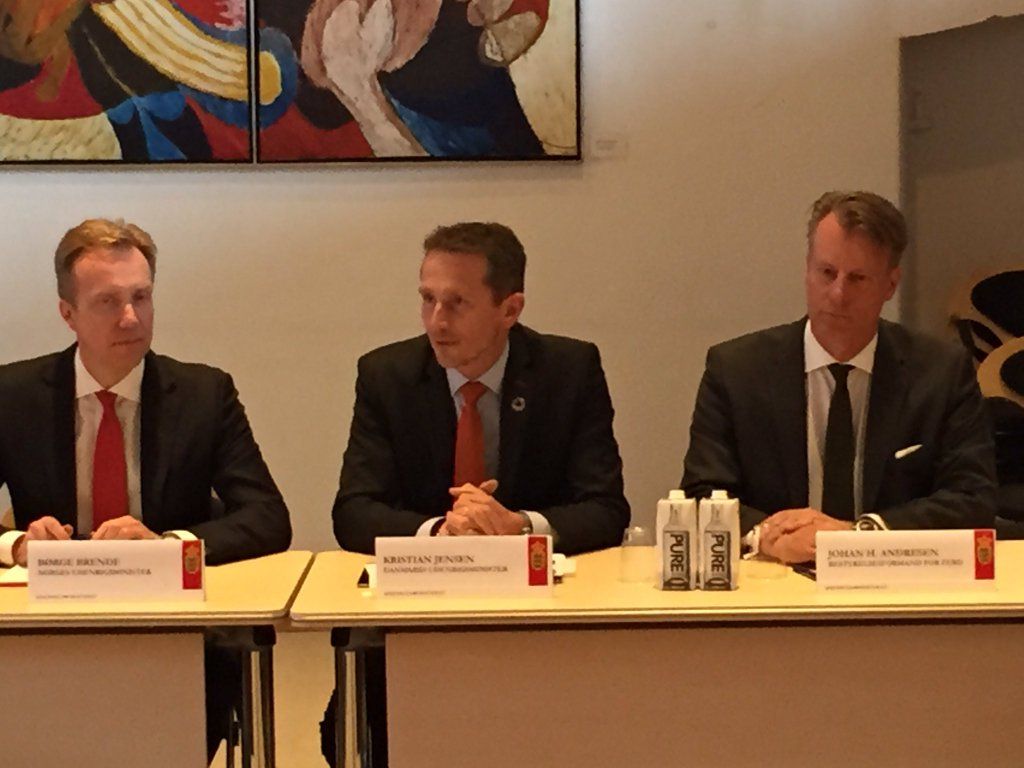A new Nordic co-operation between private investors and public development funds is helping Denmark provide the less fortunate in the world access to micro-financing to the tune of over 500 million kroner.
The co-operation, Nordic Micro-financing Initiative (NMI), was launched yesterday with the foreign minister, Kristian Jensen, and his Norwegian counterpart Børge Brende in attendance.
“If we want to fight poverty effectively, we must give the world’s poor access to financing,” said Jensen. “That’s what the new Nordic micro-financing fund will do.”
“We will work closely with the private sector, which is imperative when it comes to mobilising private funds for development.”
READ MORE: Denmark part of Nordic White House summit
Funding a brighter future
Jensen revealed that the Nordic co-op will involve 14 nations in Africa and Asia and the project would have particular focus on giving women an opportunity to invest their way out of poverty, inequality and bleak future prospects.
Ultimately, the goal with the Nordic co-operation is to provide capital in order to develop smaller business and thereby generate growth and jobs.
Head-quartered in Oslo, the initiative will be funded by the Investment Fund for Developing Countries (IFU), which will contribute 55 percent of the funds, while the remaining 45 percent will come from private investors in Denmark and Norway.














